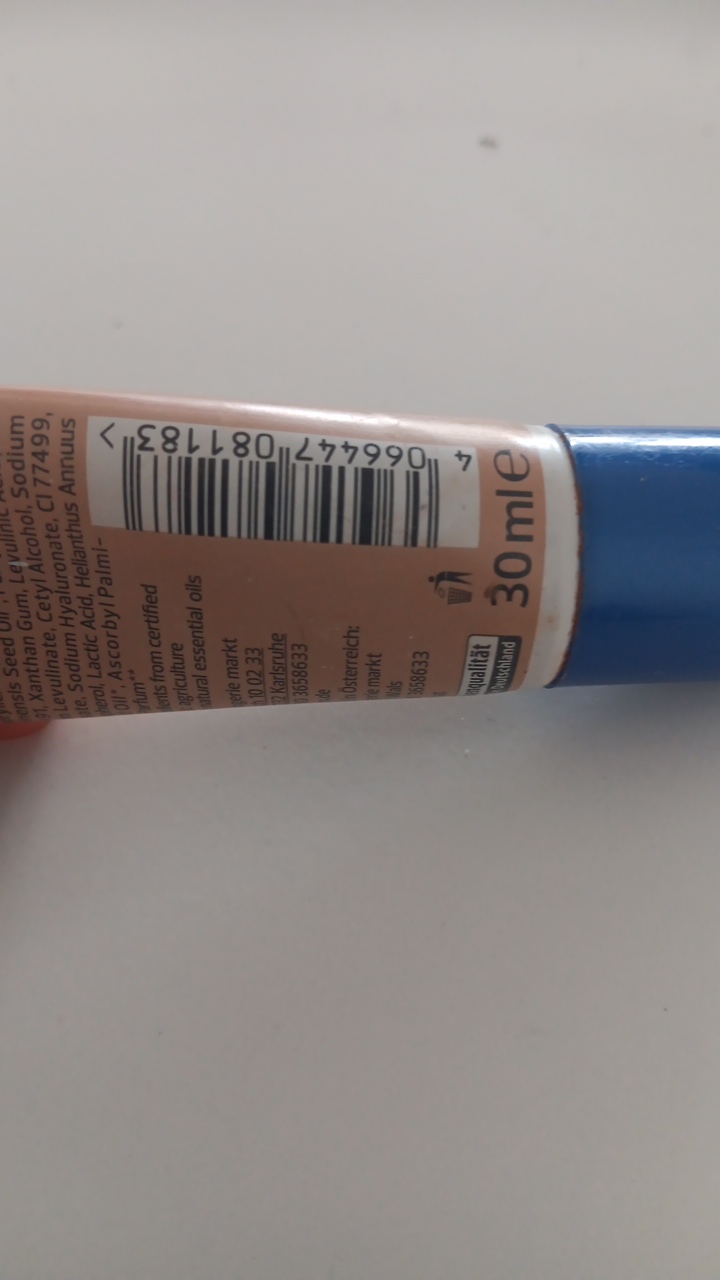
Barcode: 4066447081183
HARAM
📝 Reason: This product’s formulation includes materials that are categorically Haram according to all major Islamic schools of thought and scholarly consensus.
📄 Certificates: Ingredients From Certified Agriculture, Natural Essential Oils, Quality, Germany
Ingredients:
Details
Understanding the Halal Status of This Product
This product has been classified as Haram (forbidden) according to numerous Islamic scholars and schools of thought. The presence of certain ingredients within its formulation raises significant concerns regarding compliance with Islamic dietary laws.
Ingredient Breakdown
To comprehend why this product is deemed Haram, it’s pivotal to examine its ingredients and E-numbers:
- Xanthenes Seed Oil: This ingredient is unclassified in terms of its E-code and is considered Haram due to its unsourced origins. Without a clear halal certification or confirmation, it poses a problem for consumers adhering to strict dietary laws.
- Xanthan Gum (E415): Commonly used as a thickener, xanthan gum can be permitted in some formulations, but its halal status depends on its source. Despite being categorized as additives, many Islamic scholars advise caution.
- Levulinate: This ingredient is also unclassified and lacks specific halal certification. Due to its ambiguity, it raises further concerns.
- Cetyl Alcohol: While cetyl alcohol can sometimes be acceptable, its status often depends on the source. In this case, its classification as non-Haram needs more clarification.
- Sodium Levulinate: This ingredient is noted to be permissible in Islam, and its inclusion in the product is a slightly reassuring aspect.
- Sodium Hyaluronate: Similar to sodium levulinate, sodium hyaluronate is permissible in Islamic dietary terms.
- CI 77499: Like xanthenes seed oil, the status of this colorant remains unverified, which raises questions about its halal compliance.
- Herol: Unclassified and lacking clear halal status, herol presents a concern for halal-conscious consumers.
- Lactic Acid (E270): This ingredient is classified as a preservative. Unfortunately, it falls under categories considered Haram by some due to production methods.
- Sunflower Oil: Generally considered permissible in Islam, sunflower oil is a safer component within this product.
- Ascorbyl Palmitate (E304): Used as an antioxidant, its classification as Haram or Halal also depends heavily on its production source.
- Perfume: This ingredient is unspecified and raises questions about its halal compliance, particularly if derived from alcohol or impure sources.
Conclusion
Given the mix of classified and unclassified ingredients, coupled with the presence of certain non-Halal components, this product is classified as Haram. It’s crucial for consumers, especially those adhering to Halal dietary laws, to critically analyze product ingredients and E-numbers. If you rely on halal consumption, we recommend seeking products with clear halal certification to ensure religious compliance.
Brand and Certification Context
This product claims to follow certain quality standards, such as being derived from certified agriculture and using natural essential oils. However, without a definitive halal certification, consumers should remain cautious in their choices.
